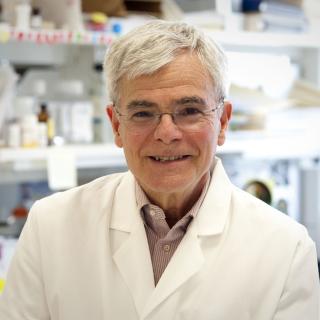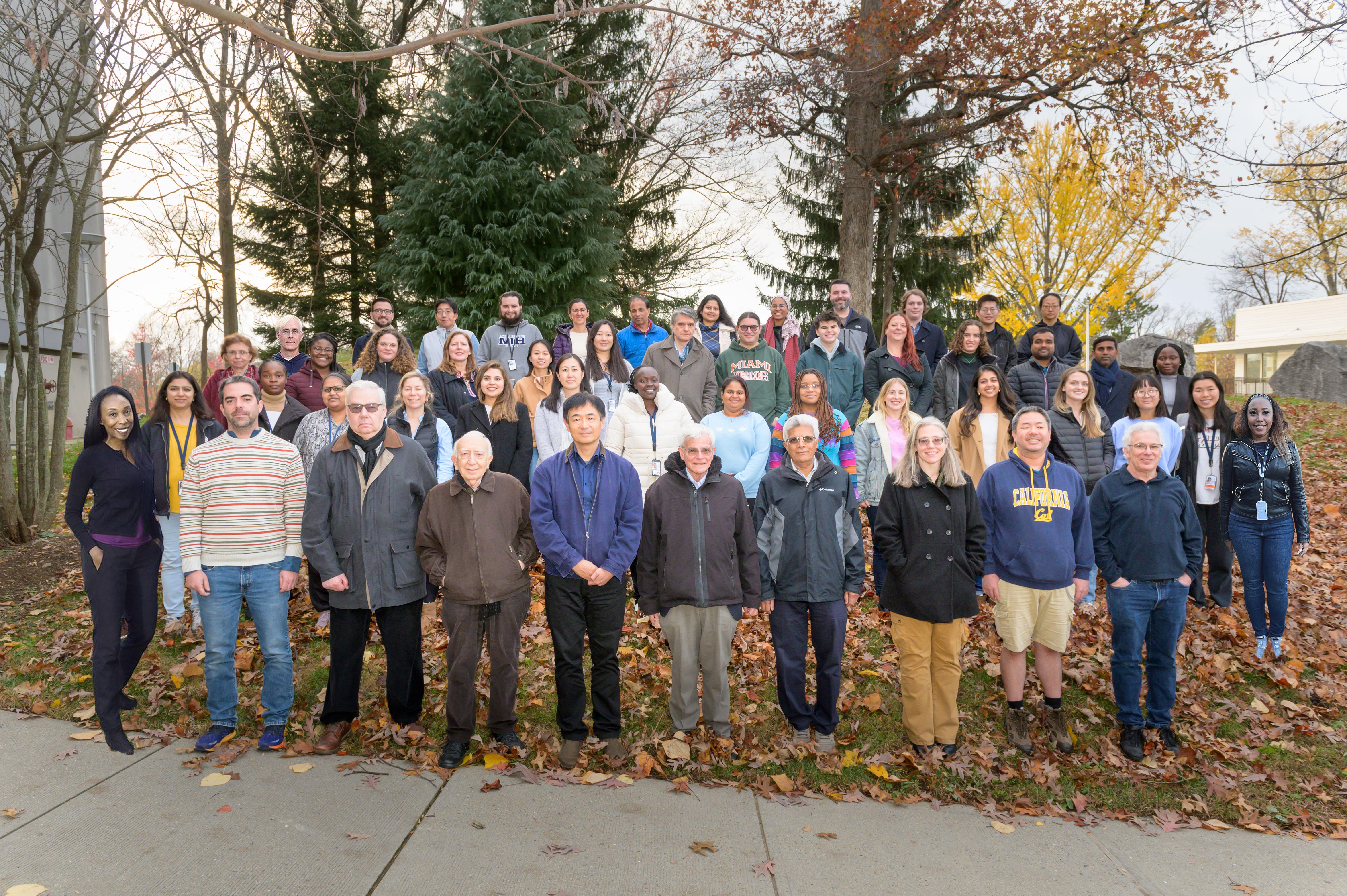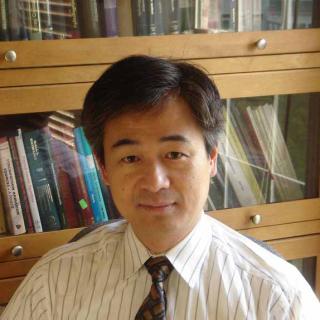Laboratory of Cell Biology
Laboratory of Cell Biology
About
The Laboratory of Cell Biology (LCB) studies the processing, transport, and metabolism of proteins and small molecules related to malignant transformation, metastasis, and multidrug resistance in cancer. The principal investigators of the laboratory, who are experts in molecular biology, genetics, biochemistry, structural biology, cellular regulation of cell growth and metabolism, resistance to anticancer drugs, and the physics of cell-matrix interactions, work on research projects related to those topics. The Multidrug Resistance Section studies the molecular basis of anticancer drug resistance, while the Transport Biochemistry Section investigates the biochemistry of energy-dependent transporters. Post-translational regulation of the tumor suppressor p53 and the roles of Wip1 in promoting cellular proliferation are the focus of the Chemical Immunology Section, while the DNA and Nucleoproteins Section is involved in computational and experimental studies of nucleic acid-protein interactions. The Crystallography Section works on X-ray crystallography of membrane proteins and protein complexes and the Tissue Morphodynamics Unit studies how normal and cancer cells modify their environments to promote normal differentiation and cancer cell metastasis. Finally, our newest group, the RNA Metabolism and Epitranscriptomics Unit, investigates how the RNA epigenome modulates gene expression during development and when confronted by disease. (Please see webpages for LCB investigators for further details.) The LCB also includes three Cores, one that deals with molecular modeling, one with mass spectrometry, and one that provides cryo-EM analysis. Joint journal clubs and data presentations among some sections, and laboratory-wide research seminars facilitate the sharing of expertise and help to foster collaborations among LCB staff.
Job Vacancies
We have no open positions in our group at this time, please check back later.
To see all available positions at CCR, take a look at our Careers page. You can also subscribe to receive CCR's latest job and training opportunities in your inbox.
News
Learn more about CCR research advances, new discoveries and more
on our news section.
Cores
Mass Spectrometry Resource
The Mass Spectrometry Resource aims to advance research by bringing cutting-edge protein-based technologies to the NCI CCR community to facilitate basic and translational research. Although mass spectrometry is a powerful technique, experimental design and sample preparation are critical for a successful outcome. By making available our expertise in mass spectrometry, we seek to help researchers with their proteomics experiments, beginning with initial experimental design and sample preparation and continuing through data interpretation and design of follow-up experiments. We collaborate on projects that explore protein-protein and protein-nucleic acid complexes, identify sites of protein post-translational modification or reaction with a small molecule, and quantify global changes in protein level upon protein knock-down/overexpression or cellular treatment. We also collaborate on projects using structural mass spectrometry approaches to study changes in protein conformation.
CCR Molecular Modeling Core
The CCR Molecular Modeling Core, under the direction of Dr. Stewart Durell, was established to provide a convenient way for experimentalists to take advantage of molecular modeling and computational biology. In the framework of consultations, scientists can explore how such tools could benefit their projects. The Core then acts as a clearinghouse to help set up and use appropriate software, and/or form collaborations with other scientists. Upon mutual agreement, Core personnel will enter into a collaboration to do the modeling work themselves. All services of the Core are free of charge.
NIH Intramural Cryo-EM (NICE) Consortium
The NIH Intramural Cryo-EM (NICE) Consortium, under the direction of Dr. Rick Huang (huangrk@nih.gov), currently serves intramural investigators in the NCI, NIAID, NIEHS, NICHD, NIDCR, NEI, and NIA. This facility provides access to a state-of-the-art Titan Krios cryo electron microscope for atomic-resolution structure determination of protein, macromolecular complexes and receptors, cellular organelles, and infectious pathogens using a single particle or cryo- tomography approach. Detailed 3D maps computed by electron micrographs often spark biological insights in cancer research, vaccine design, cell development, and human physiological and functional studies. In addition to high-resolution data collection service, our microscopists offer technical consultation and guidance to Intramural trainees on cryo-specimen preparation and image processing . We are proud to be a member of a global collaboration to provide cutting-edge microscopy access and to share our expertise with the NIH structural biology community to advance our knowledge in the life sciences.
Seminars
LCB webinars/seminars are held from 2:30 to 3:30 unless otherwise noted.
February
4
11
18
25 Stefan Muljo (Laboratory of Immune System Biology, NIAID) (Guest of Pedro Batista)
New player to prevent autoinflammation: MATRIN3
March
4
11
18 Efsun Arda (Laboratory of Receptor Biology and Gene Expression, NCI) (Guest of Michael Gottesman)
25 Steven D. Cappell (Laboratory of Cancer Biology and Genetics, NCI) (Guest of Michael Gottesman)
Molecular Mechanisms Underlying Cell Cycle Dynamics"
April
1
8
15
22
29
Contact
Contact Info
Center for Cancer Research National Cancer Institute
- Building 37 Room 2108
- Bethesda, MD 20892-4256
- 240-760-6310
- 240-541-4472










